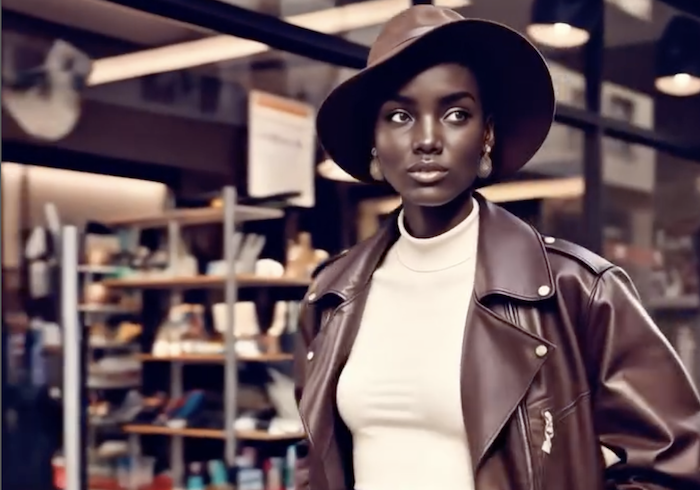The trend of virtual influencers may not be entirely new, but with the development of AI, their appearance and behaviour in the online space is improving. However, people are reacting to them in contradictory ways. Only 37% of consumers would be interested in a brand that uses an AI influencer. The same proportion would feel distrust towards such a brand, while the rest don't care. This is according to a recent survey by Sprout Social, which polled 2,000 respondents.
Three years ago, 58% of respondents had already encountered virtual influencers, most often on YouTube, Instagram, TikTok and Facebook. One of the most well-known virtual influencers is Lil Miquela (@lilmiquela), who is currently followed by 2.4 million users on Instagram and has worked with brands such as Prada, Samsung and Calvin Klein. In 2018, she was even selected by Time magazine as one of the 25 most influential "people" on the internet.
Other well-known AI influencers include Noonoouri (@noonoouri) with 501k followers, Japanese digital creator Imma (@imma.gram), who has 389k followers, and model Shudu Gram, who has 238k followers on Instagram and last year made the cover of the local edition of Vogue Leaders. Others include Nonoouri fashion influencer Rae (@here.is.rae), Blawka (@blawko22) and Aitana Lopez (@fit_aitana).
View post on Instagram
But some brands aren't content with the usual influencer collaborations, which consist of agreed-upon shared content. In the domestic market, for example, Komerční banka uses its own digital influencer Just.ina in its long-term campaign "I love retirement - a revolution in the perception of retirement". In Asian countries such as Taiwan, there are brands that have also created their own virtual spokesperson.
While virtual influencers point to a certain innovativeness of brands, they are received inconsistently. As mentioned, only 37% of consumers are able to engage with AI influencers, and in the case of Generation Z, the figure is as high as 46%. Only 17% see the potential to build a better relationship with the brand in the future.
Also interesting in the context of AI influencers is that only 35% of Gen Z consumers value authenticity. In comparison, millennials, Gen Xers and baby boomers are seen positively by around half of those surveyed. "Authenticity is overrated. We follow influencers not because of their authenticity, but because we are entertained or interested in them," comments Melo Meacher-Jones of Accenture Song.
So brands should be careful with engaging with virtual influencers. At the same time, the existing emphasis on authenticity in marketing communications is not as necessary to reach younger consumers.
Source: mediaguru.cz

